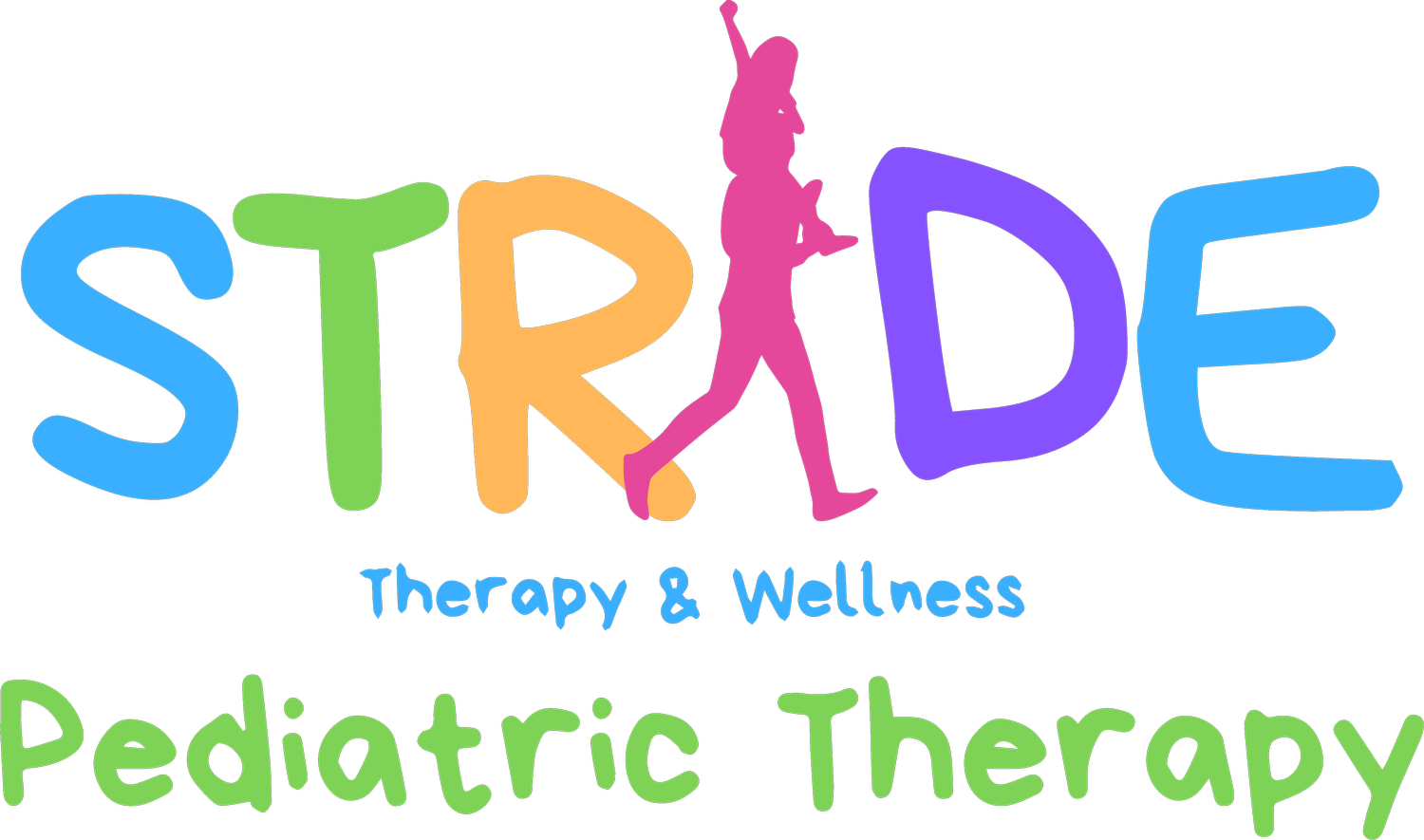Do These 5 Things With Your Toddler to Develop Language Skills
Language development is a crucial part of a child's overall development, and it starts from birth. Babies are born with an innate ability to communicate, and it's our job as parents and caregivers to support and nurture that ability. So, what can we do to help our children develop their language skills?
Here are five evidence-based evidence-based things you should start doing today with your little one!
Talk to your child from day one. Even before your child can speak, they're listening and learning from you. Talk to them about what you're doing, what you're seeing, and what you're feeling. Use simple words and short sentences, and make eye contact with them. For example, when you're changing your baby's diaper, you can say "I'm changing your diaper now. You're such a good baby" or when you’re walking through the store, say "Look at this colorful toy. Do you like it?"
Read to your child every day. Reading to your child is one of the best things you can do to promote language development. It exposes them to new words and ideas, and it helps them learn about the world around them. For example, you can read board books or picture books with your child, pointing out the pictures and labeling, such as “the ball is blue” or “the cow says moo”. You can also try asking them questions like "What color is the ball?" or "What sound does the cow make?"
Sing and play music with your child. Music is a fun and engaging way to help your child develop their language skills. Sing songs with them, and encourage them to sing along. Play music and dance with them, and talk about the music and the lyrics. Example: You can sing nursery rhymes like "Twinkle, Twinkle, Little Star" or "The Itsy Bitsy Spider" with your child, and play simple instruments like shakers or drums.
Use gestures and facial expressions. Nonverbal communication is an important part of language development, especially in the early years. Use gestures and facial expressions to help your child understand what you're saying. Example: When you say "bye-bye", wave your hand and smile. When you say "no", shake your head and frown.
Limit screen time. Too much screen time can interfere with language development, so it's important to limit your child's exposure to screens, especially in the first two years of life. Example: Instead of giving your child a tablet or phone to play with, provide them with age-appropriate toys and books. Spend time playing with them and talking to them.
By following these recommendations, you can help your child develop strong language skills that will serve them well throughout their life. Remember, it's never too early to start!
